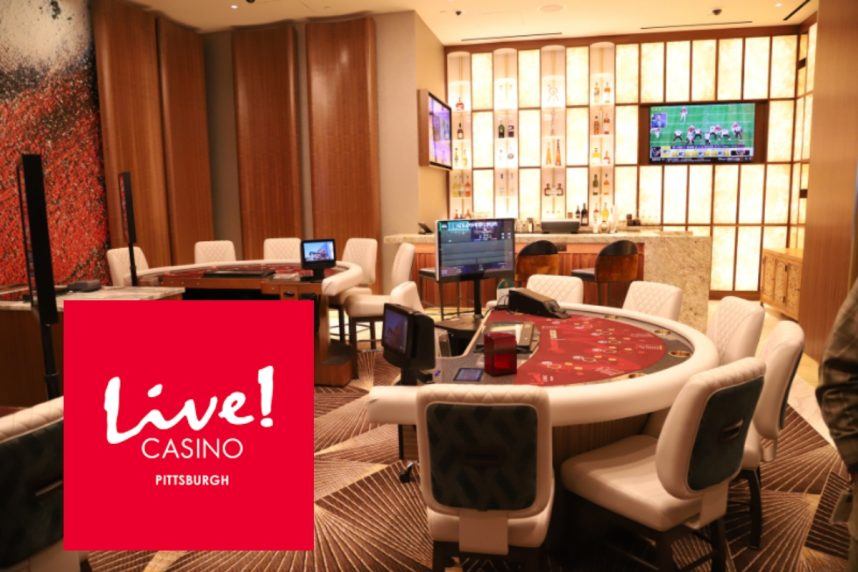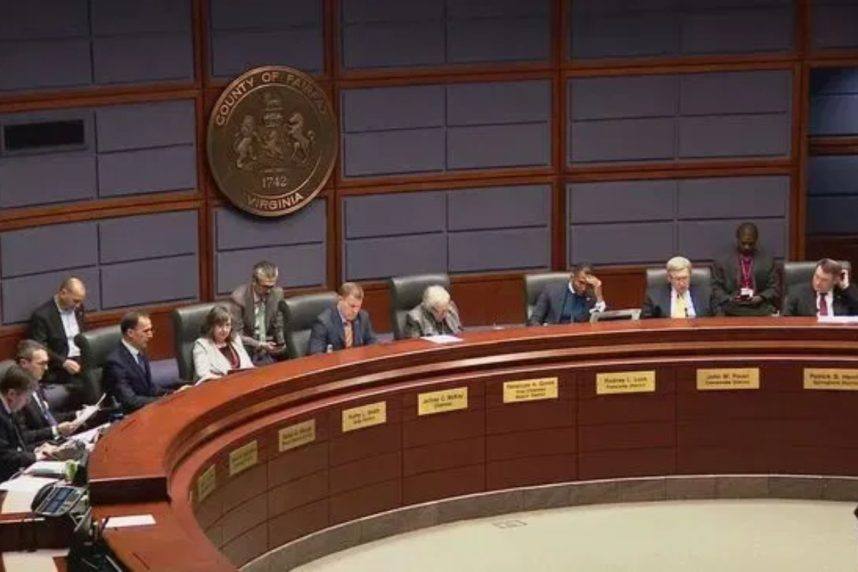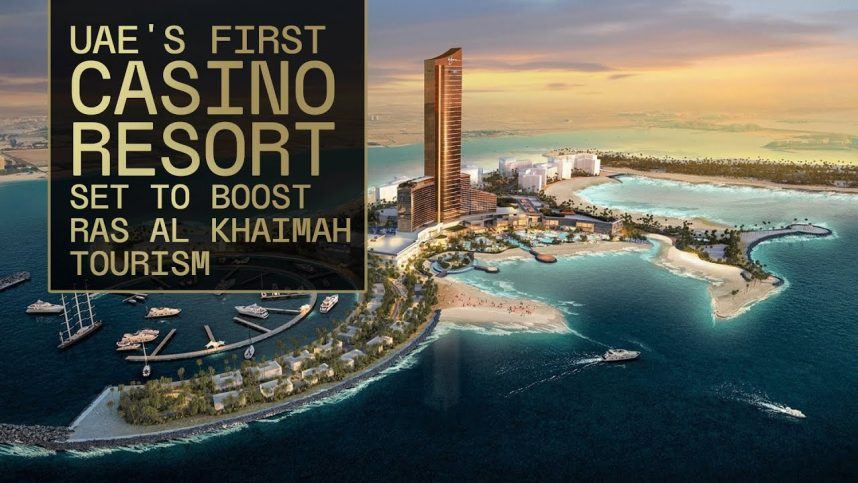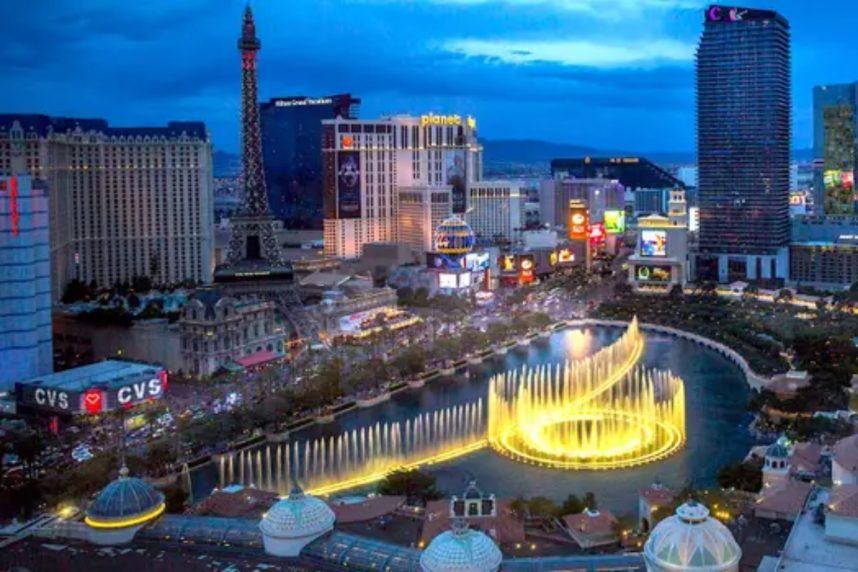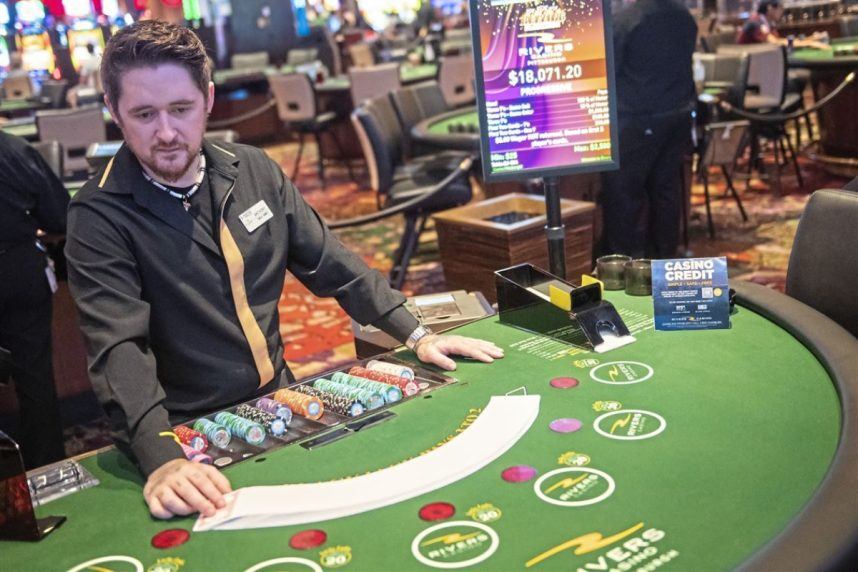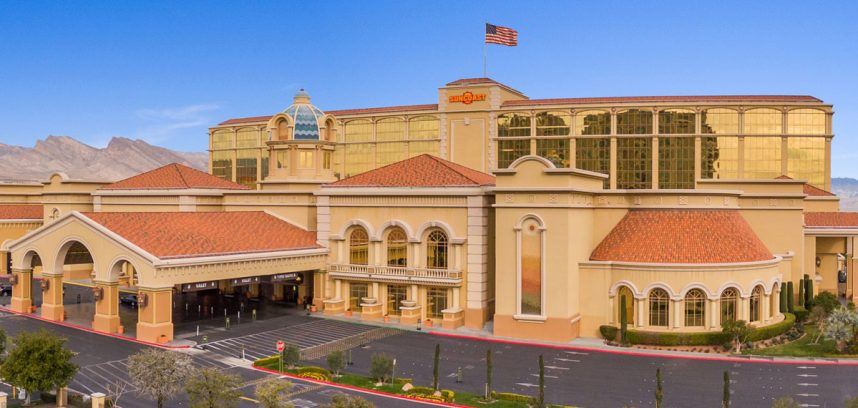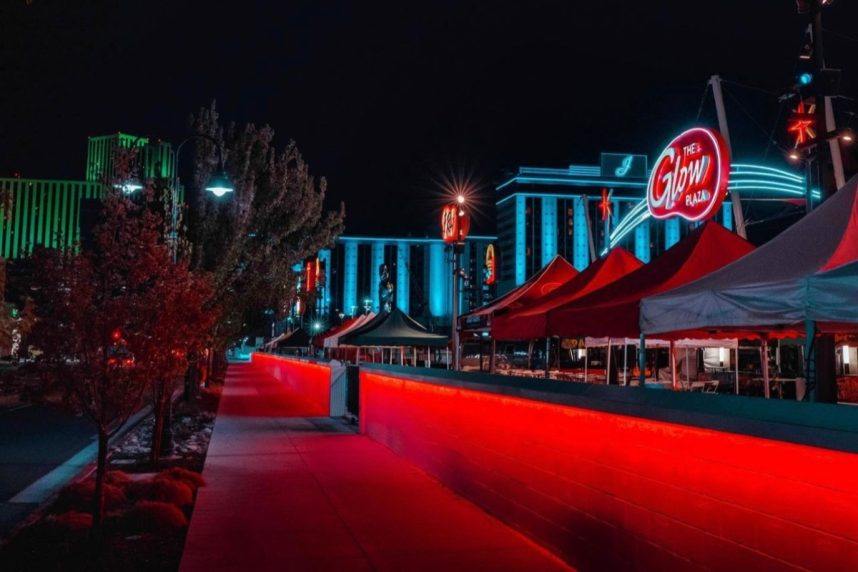President Joe Biden’s days in office are numbered, but the leader of the free world says he remains committed to freeing the travel and hospitality industries of junk and resort fees.
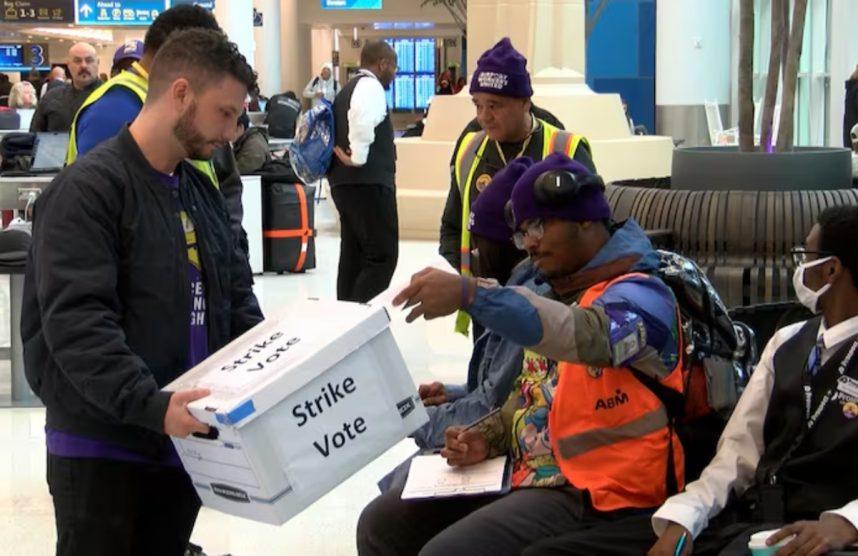
Biden refers to junk and resort fees as those pesky add-on charges that come toward the end of the online booking process. Such add-ons allow an airline or casino hotel to advertise a cheaper rate on a booking search engine than the actual true price of the flight or stay.
Biden has routinely spoken out against the charging process that he believes is deceptive to consumers. With Thanksgiving week here — the busiest travel holiday in the United States — Biden says his administration continues to work to eradicate junk fees from the travel industry.
Travel to your loved ones this Thanksgiving with the peace of mind that my Administration is fighting to ban airline junk fees, requiring automatic refunds, and ensuring that airlines cover hotels and meals for cancelations and delays,” Biden tweeted.
Earlier this year, the US Department of Transportation (DOT) updated its pricing regulations to require commercial airlines to disclose all costs and possible add-on fees upfront at the beginning of the consumer’s booking process. The US airline industry continues to challenge the pricing change in federal court.
Hotel Comps
Biden’s support of requiring airlines to cover a ticketed passenger’s hotel and meal costs when a flight is canceled or delayed comes as concerns emerge out of Charlotte’s Douglas International Airport. Airport workers there went on strike on Monday as the Thanksgiving holiday travel week takes off.
Employees at the Charlotte airport — one of the nation’s busiest — who clean airplanes, remove trash, and assist with wheelchairs, walked off the job Monday morning. Officials with the Service Employees International Union say the strike is expected to last only 24 hours, but the labor stoppage will likely still impact travel today and on Tuesday. With CLT being a hub for American Airlines, that airline is to be most impacted.
Most airlines charge for bags, seats, and some on-board amenities. Biden thinks the airlines should be charged when they inconvenience passengers.

Biden’s support of ridding junk fees from the airline industry and forcing them to cover hotel stays for interrupted itineraries is presumably popular with the general public and could be a rare piece of bipartisan legislation in Congress. But the powerful airline lobby has so far kept Congress grounded in passing a law to force such changes.
The airline lobby is also investing considerable resources in defending the industry’s pricing in the wake of the DOT’s proposed rule change.
Airlines for America says requiring airlines to include all possible add-on fees up front would “greatly confuse consumers” who might think they’ll need to spend more than they actually would if they have airline status, don’t check a bag, or don’t need to change a reservation after booking.
Casino Resort Fees
Like the airlines, most casino resorts add a charge to a guestroom toward or at the end of an online booking. On the Las Vegas Strip, the nightly charges are as high as $50 a night before tax.
For a Friday to Sunday stay this weekend at Caesars Palace, the Caesars.com website advertises an average nightly rate of $259. After clicking through, however, that nightly rate balloons to $350.29 after a total resort fee of $99.90 and taxes of $82.68 are tallied.
The $49.95 daily resort fee at Caesars Palace includes high-speed Wi-Fi for two devices per room, fitness center access, and local calling.
The post President Biden Still Committed to Ridding Hospitality, Travel Industries of Junk Fees appeared first on Casino.org.
